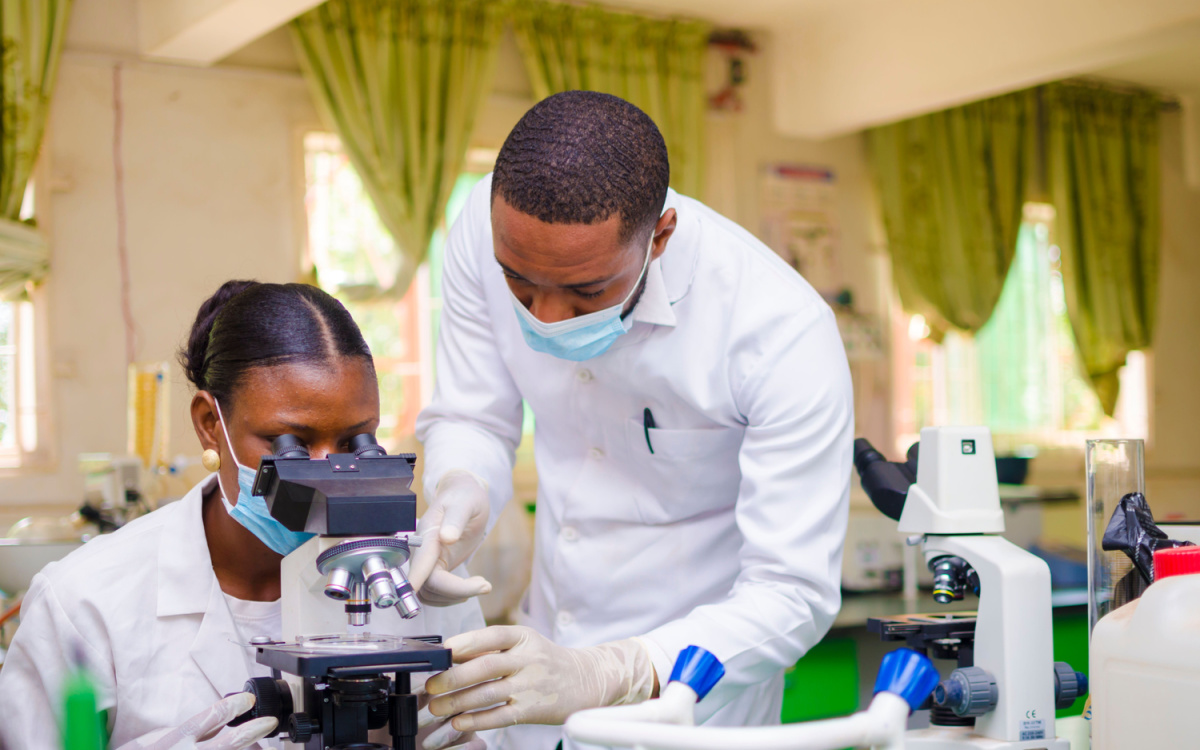The Global Health Crisis is one of the most pressing issues facing humanity today. It is a complex and multifaceted problem that affects people all around the world, regardless of their age, gender, or socio-economic status. The crisis is characterized by a range of health issues, including infectious diseases, non-communicable diseases, and mental health disorders. The impact of the crisis is particularly severe in low- and middle-income countries, where access to healthcare is often limited, and resources are scarce.
The Global Health Crisis is exacerbated by a range of factors, including poverty, climate change, and globalization. It is a complex and interconnected problem that requires a comprehensive and coordinated response from governments, international organizations, and civil society. Addressing the crisis will require a sustained effort and a commitment to working together to find innovative solutions. Only by working together can we hope to overcome the challenges posed by the Global Health Crisis and ensure that all people have access to the healthcare they need to live healthy and productive lives.
The Role Of Science In Solving Global Health Problems
Science plays a crucial role in solving global health problems. With the advancement of technology and research, scientists are able to find solutions to various health issues that affect people worldwide. For instance, the development of vaccines and drugs has significantly reduced the spread of infectious diseases like polio and tuberculosis. Additionally, scientific research has led to the discovery of new treatments for chronic diseases such as cancer and diabetes, improving the quality of life for millions of people.
However, there are still many global health problems that require further scientific research and attention. Climate change, for example, has led to the spread of vector-borne diseases, such as malaria and dengue fever, to new regions. Scientists are working to develop new strategies to prevent and control these diseases, including developing new vaccines and insecticides. In conclusion, science is a critical tool in addressing global health problems, and continued investment in scientific research is essential to improve global health outcomes.
Current Global Health Challenges And Their Impact
The COVID-19 pandemic is perhaps the most pressing of these challenges, with millions of people affected and many thousands losing their lives. However, there are also other challenges that are contributing to poor health outcomes, including the rise of non-communicable diseases, such as diabetes and heart disease, as well as the ongoing threat of infectious diseases like malaria and tuberculosis. These challenges are particularly acute in low-income countries, where access to healthcare and resources is often limited, but they also affect people in wealthy nations. Addressing these challenges will require a concerted effort from governments, healthcare professionals, and the public, as well as investment in research and innovation to develop new treatments and prevention strategies.
Addressing Global Health Issues
The need for collaborative efforts in addressing global health issues cannot be overemphasized. With the world becoming more interconnected than ever, it is imperative that stakeholders come together to tackle health challenges that cut across borders. Collaboration among governments, NGOs, healthcare providers, and the private sector is essential to achieve sustainable solutions to global health issues.
Through collaboration, resources can be pooled, and efforts can be coordinated to achieve maximum impact. This approach can lead to the development of innovative solutions, better use of technology, and the sharing of best practices. Collaborative efforts can also help to address issues such as unequal access to healthcare, which is a significant challenge in many parts of the world. In conclusion, a collaborative approach is essential to address global health issues effectively, and all stakeholders must work together to achieve this goal.
Innovative Approaches to Tackling Global Health Problems
With the rise of new and emerging diseases, such as COVID-19, it is important to develop innovative solutions that can help prevent, diagnose and treat diseases. Some of the innovative approaches that have been developed in recent years include the use of artificial intelligence (AI) and machine learning to predict disease outbreaks and diagnose diseases, the development of new vaccines and drugs, and the use of telemedicine to provide remote healthcare services to people in remote and underserved areas.
One of the most promising areas of innovation in global health is the use of AI and machine learning. These technologies have the potential to revolutionize healthcare by enabling early detection and diagnosis of diseases, predicting outbreaks, and identifying new treatments. For example, AI algorithms can be used to analyze large datasets of patient information, enabling doctors to identify patterns and trends that may be missed by human doctors. This move can help improve the cost of patient care and healthcare.
Other innovative approaches to global health include the development of new vaccines and drugs, such as mRNA vaccines, which have been shown to be highly effective in preventing COVID-19. Overall, innovative approaches are crucial in the fight against global health problems, and more investment is needed in research and development to ensure that we can continue to develop new and effective solutions.
Investment in Global Health Research
Research is crucial in addressing the current health challenges that the world is facing, such as emerging infectious diseases and non-communicable diseases. Without adequate funding and investment, it will be difficult to conduct research and develop solutions to these problems.
Investment in global health research has the potential to yield significant returns in terms of improved health outcomes and economic benefits. For instance, research into new vaccines and treatments for infectious diseases can help prevent epidemics and save millions of lives. Additionally, investing in research can lead to the development of new technologies and innovations that can improve health systems and promote economic growth. Therefore, governments, philanthropic organizations, and private sector entities should prioritize funding and investment in global health research to ensure that the world is better prepared to tackle current and future health challenges.
Success In Global Health Research And Development
Albeit the different challenges that the world is facing, there have bene significant successes in the recent years in combating these challenges. For example, the development of the HPV vaccine has led to a significant reduction in cervical cancer rates, and the development of antiretroviral therapy has greatly improved the quality of life for people living with HIV/AIDS. Other successes include the eradication of smallpox, the near-eradication of polio, and the development of new treatments for neglected diseases like malaria and tuberculosis.
These successes have been achieved through collaboration between governments, non-governmental organizations, and private sector partners. They have also been made possible by the dedication and hard work of scientists, researchers, and healthcare professionals around the world. While there is still much work to be done to address global health challenges, these success stories provide hope and inspiration for those working to improve health outcomes for people around the world.
The Urgent Need for Action and Collaboration in Solving Global Health Problems
In the face of the global health crisis, it has become increasingly clear that urgent action and collaboration are required to tackle the challenges that lie ahead. The COVID-19 pandemic has exposed the weaknesses in our healthcare systems, and the need for a more coordinated and concerted effort to address the root causes of these problems. The scientific community has called for all hands on deck to work together to find solutions to the complex challenges facing our world today.
There is no doubt that the urgency of the situation demands a swift and decisive response. Governments, healthcare providers, and individuals must all play their part in addressing the underlying issues that contribute to global health problems. Whether it is through investment in research and development, the provision of adequate healthcare resources, or the adoption of more sustainable lifestyles, we all have a role to play in securing a healthier future for all. Only through concerted action and collaboration can we hope to overcome the challenges that lie ahead and create a healthier future for all.




